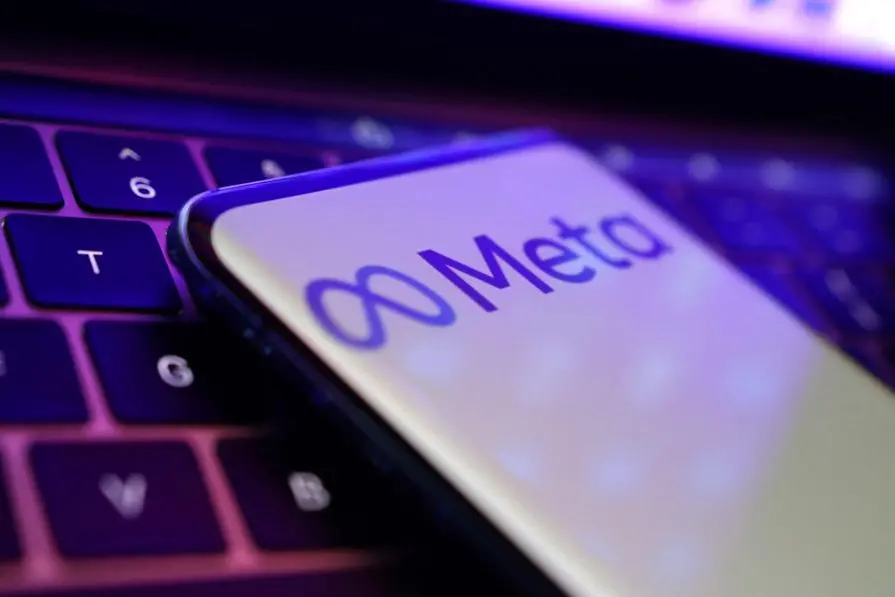PHOTO
Advertisers are sticking with safe havens Alphabet and Meta Platforms in an uncertain economy, their quarterly results showed, likely helping the tech giants take market share away from smaller digital ad sellers such as Snap Inc.
Following a pandemic-led spending bonanza by advertisers who wanted to reach customers online, ad sales-reliant tech firms faced tough comparisons in the past several quarters. Customers cut their ad budgets after interest rates rose and record-high inflation fueled worries about the economy.
This year, though, the social media ad market is expected to grow at a slightly faster pace than in 2022, according to a report last month from media and intelligence firm MAGNA.
"Advertisers are simply going back to platforms they know, like and trust," said Brian Mulberry, a portfolio manager at Zacks Investment Management.
First-quarter ad sales at Google-parent Alphabet slipped from a year earlier to $54.55 billion, but beat what analysts were expecting.
Advertisers are facing an environment where they must "do more with less," Philipp Schindler, Google's chief business officer, said on an earnings conference call on Tuesday.
The company on Tuesday played up its work in artificial intelligence (AI), saying that helped it improve the relevance of ads shown to users and even automatically generate text that can be used in a brand's ads.
Meta, on Wednesday, echoed this, saying AI recommendations had increased the time users spend on Instagram by 24% in the first quarter and that it was investing in AI to lure advertisers to spend more on its platforms.
Meta shares spiked 12% in after hours trade on Wednesday.
The social media advertising market overall is expected to grow 6% this year to $66 billion, according to MAGNA.
Last year, the social media ad market grew 2% in part because privacy updates by Apple Inc made it more difficult for advertisers to gather user data to serve targeted ads.
"There's a lot of inertia to staying put with platforms that you're familiar with and have tools that are well-developed for advertisers," said Insider Intelligence principal analyst Debra Aho Williamson.
Advertisers have snubbed Snapchat-owner Snap and digital pinboard Pinterest, which reach only a fraction of potential consumers as their larger rivals. The two companies lost more than $4 billion in combined stock market value on Thursday after reporting first-quarter results.
Snap posted a 7% decline in revenue and warned that second-quarter revenue could also take a hit, as recent changes to its advertising platform have hurt ad demand.
While Pinterest reported 5% revenue growth and said it expects similar second-quarter growth, the forecast came below Wall Street's expectations, sending its shares down 9% in after-market trading. (Reporting by Sheila Dang in Dallas; Editing by Sayantani Ghosh and Diane Craft)




















